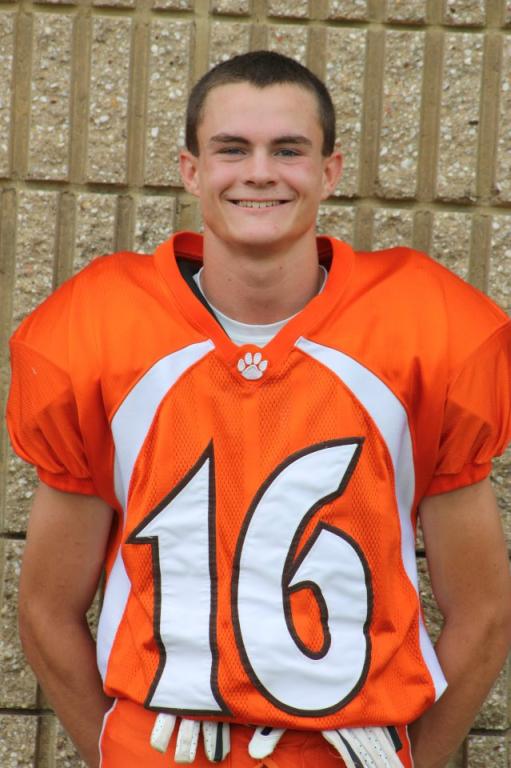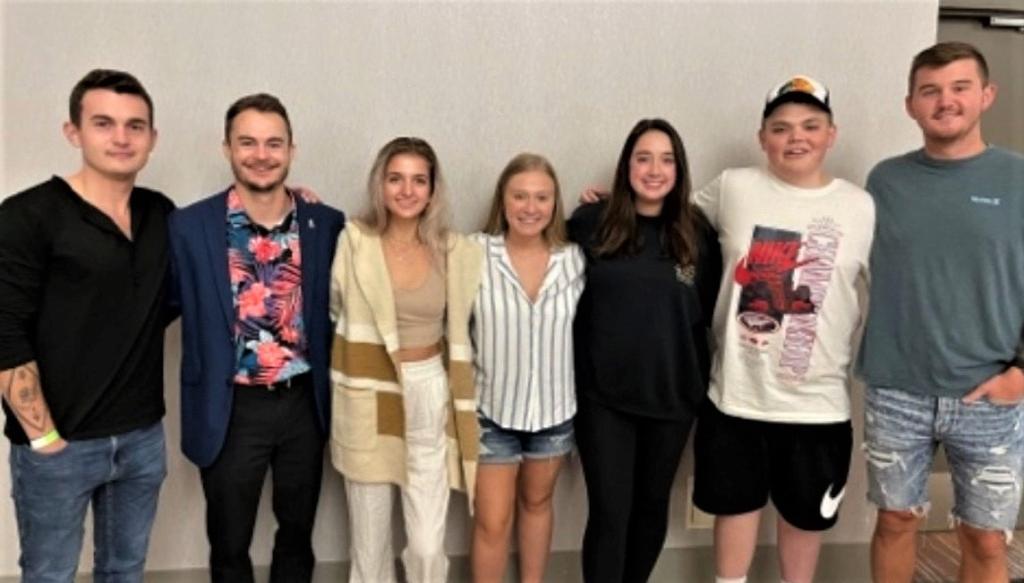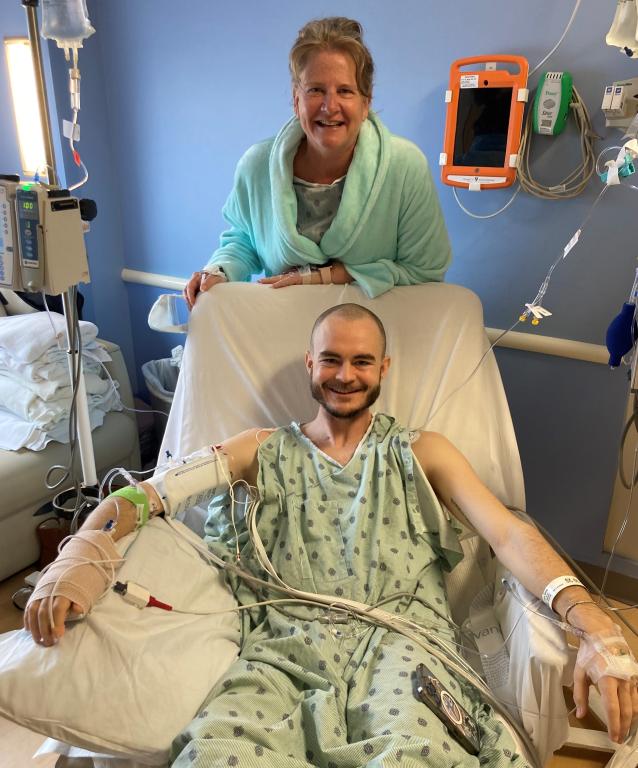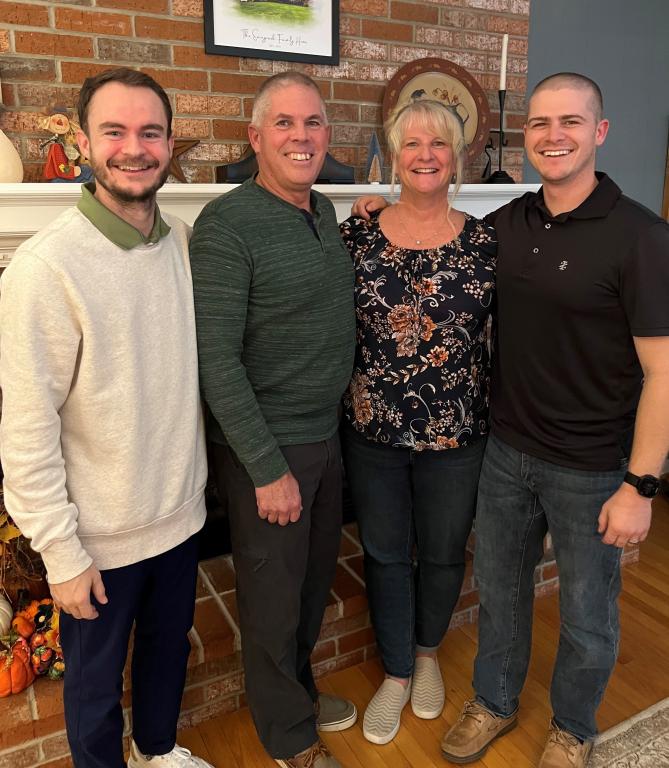
-
Understanding primary immunodeficiency (PI)

Understanding PI
The more you understand about primary immunodeficiency (PI), the better you can live with the disease or support others in your life with PI. Learn more about PI, including the various diagnoses and treatment options.
-
Living with PI
-
Addressing mental health
-
Explaining your diagnosis
- General care
- Get support
- For parents and guardians
-
Managing workplace issues
- Navigating insurance
-
Traveling safely

Living with PI
Living with primary immunodeficiency (PI) can be challenging, but you’re not alone—many people with PI lead full and active lives. With the right support and resources, you can, too.
-
Addressing mental health
-
Get involved

Get involved
Be a hero for those with PI. Change lives by promoting primary immunodeficiency (PI) awareness and taking action in your community through advocacy, donating, volunteering, or fundraising.
-
Advancing research and clinical care
-
Grants
-
IDF surveys
-
Participating in clinical trials
-
Diagnosing PI
-
Consulting immunologist
-
Clinician education

Advancing research and clinical care
Whether you’re a clinician, researcher, or an individual with primary immunodeficiency (PI), IDF has resources to help you advance the field. Get details on surveys, grants, and clinical trials.
-
Grants

An athlete who enjoys team camaraderie, Bryan Jirsa played recreational sports in elementary and middle school and made high school football, wrestling, and baseball teams. At the same time, he lived with ever-present illnesses. His family accepted the sinus infections, ear infections, and sore throats as normal, particularly because, as an infant, he required tube feeding until age 3 and received immunoglobulin (Ig) therapy for a suspected immune problem.
“We knew something was wrong, but we could never really figure it out because they never diagnosed him with anything,” said his mom, Karen Jirsa.
A bout of swine flu in eighth grade led to extensive immunologic testing that took two years, and at age 15, Jirsa learned the reason for his sicknesses—common variable immune deficiency (CVID).
“When I got diagnosed, that was a rough time. I remember the night my parents sat me down and explained it after we had gotten the letter from the immunologist. I was nodding my head and agreeing, but I wasn’t really understanding what was going on,” said Jirsa. “Then I began having nightmares of getting sick and dying. It was a lot to comprehend.”
Jirsa eventually realized that he could approach his diagnosis with the expectation of possibility.
“I thought to myself, ‘OK, is this something that I’m going to have to deal with once a week during my infusions, or is it something that I’m going to make the best of and use to my advantage and help as many people as I can?’” he said.
After his parents contacted IDF, Jirsa joined IDF Teen Escapes, where he met others with primary immunodeficiency (PI) and developed connections that have enriched his life since.

“Everybody that I’ve grown up with that I met through the Teen Escapes and known for a decade-plus are people that I consider my second family because they are the only people who truly understand,” said Jirsa.
An elementary school physical education teacher in Baltimore for the last four years, Jirsa, 28, uses his experience living with PI to teach his students that when they face challenges, they should work to overcome them.
“I’m very much one that when I’m dealing with my kids, no matter what’s going on, no matter if they have any physical ailments or things like that, I try to help them understand that that shouldn’t stop you,” said Jirsa.
“Anything that you go through is something that, yes, you might have to deal with, but I’m always the one that can look at the positive of every situation because I think that dwelling on the negative isn’t going to get you anywhere.”
As a teen and young adult, Jirsa honed his skills as a leader and mentor by volunteering to speak on panels during IDF conferences and Teen Escapes. Some young people with PI shared how their parents limited their activities out of concern that they would get an infection. Jirsa and his peers encouraged them to stretch beyond their comfort levels while being conscious of making healthy decisions.
“Us telling them ‘Yes, you have an immune deficiency, but it’s not something that should hold you back,’ was eye-opening to a lot of people,” said Jirsa.
“It was also important to me to tell the parents and guardians that I was a failure-to-thrive baby, and you can see the quality of life I have now. Yes, it’s a hard diagnosis, but you can use it to your advantage and look at all the positives that it’s going to give you over time.”

Jirsa uses Ig therapy to keep healthy, but in 2016, he developed kidney disease cause
d by CVID. He tried to control the progression of the disease with medication for several years, but it only grew worse.
“I didn’t know when I was diagnosed that because of CVID you can develop autoimmune problems, and it picked my kidneys. So, I developed focal segmental glomerulosclerosis. Basically, my body is attacking my kidneys and trying to shut them down,” he explained.
In June 2022, a call from the nephrologist cut Jirsa’s Florida vacation short by several days. The doctor advised him to come back to Baltimore immediately because of poor results from his blood and urine tests. He hopped on a 5 a.m. flight the next day and went straight to the hospital—a lifesaving decision.
After doctors prevented Jirsa from having a stroke because of extremely high blood pressure, they performed a kidney biopsy. As Jirsa recovered, his mother met with the doctor.
“I looked at the doctor, and I said, ‘Should we start the transplant process now?’ and he said, ‘Yes,’” recalled his mother.
As Jirsa’s mother, father, and girlfriend all started the evaluation process to become kidney donors, Jirsa’s health declined further. In October 2022, kidney failure required him to have kidney dialysis three times a week. On two of those days, he’d start the three-hour treatments at 6 a.m. and then head to his teaching job.
“That was a lot to handle. That was the first real time I dealt with depression,” said Jirsa, who had to have the catheter in his neck replaced twice because of blood clots, with the second time resulting in an eight-day hospital stay.

Good news for the family came in January 2023 when doctors approved Karen Jirsa as a kidney donor. She was a perfect match, which minimizes transplant rejection risk. When the transplant took place on March 23, 2023, the new kidney started working immediately.
Jirsa said his mom gave him life—twice.
“She gave birth to me, and she gave me life again. I’m very grateful for her and everything she’s done for me over the years in terms of being there as a support system. We have a bond, and now we have a bond that’s even stronger,” said Jirsa.
Progressing well in recovery, Jirsa has visited his students at school and looks forward to returning full-time in the fall. He’s also joined an online group for people who have undergone kidney transplants, and he’s reaching out for mental health support for his anxiety.
“There are times that I ask, ‘Why do I have to go through all that I’ve gone through?’ But I still try to look at the positive. It’s given me a lot of experiences, and I’ve met a lot of people, and I’ve been able to grow a lot as a person. I’ve been very fortunate, and I’m very appreciative of the life that I have,” said Jirsa.
Related resources
Sign up for updates from IDF
Receive news and helpful resources to your cell phone or inbox. You can change or cancel your subscription at any time.





The Immune Deficiency Foundation improves the diagnosis, treatment, and quality of life for every person affected by primary immunodeficiency.
We foster a community that is connected, engaged, and empowered through advocacy, education, and research.
Combined Charity Campaign | CFC# 66309




